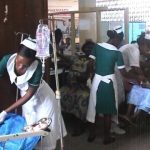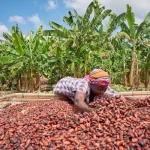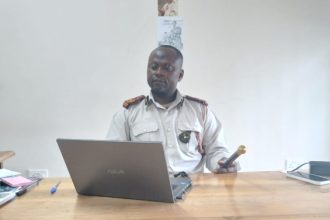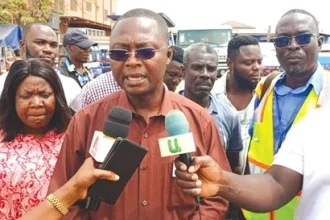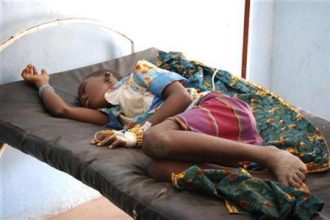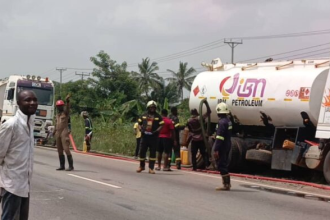Professor Douglas Boateng has been appointed as the board chairman of the Minerals Income Investment Fund (MIIF).
Inaugurating the new board members of the MIIF, Ken Ofori-Atta, the Minister for Finance said: “Your role is to ensure that Ghana’s mineral and metals income are maximized for the long term benefit of Ghana for Ghanaians.”
Globally renowned for his contribution towards procurement, governance, logistics, and industrial engineering in the context of supply and value chain management and industrialization, Prof Boateng has played leading academic, board level, and C-suite roles in amongst others exploration and mining in Africa and across the globe.
Speaking at the inauguration event, Prof Boateng expressed his enthusiasm for his new role.
“I am highly honored to be given the opportunity by his Excellency President Nana Akufo-Addo with the blessing of the Hon Minister for Finance, other government officials, and stakeholders to perform my patriotic duty as the chairman of the Minerals Income and Investment Fund”. he said.
“I am looking forward to constructively guiding and coaching the Managing Director, Mr. Yaw Koranteng, and working together with my fellow board members to help further advance the goals of the Fund plus play my part in transforming the sector through adequate governance-driven supervision, value-driven partnerships, and alliances.”
He said that as the board of directors, they were “without question, fully committed to the Companies ACT 2019 (ACT 992), which provides guidelines for protecting and building shareholder value.
“We shall use our duly authorized supervisory time to guide MIIF to legitimately create long-term wealth for Ghana and Ghanaians and look forward to possibly collaborating with other African countries to achieve the objectives,” he added.
According to the Minerals Income Investment Fund Act, 2018 (ACT 978), the objectives of the Fund are to (a) maximize the value of the income due to the Republic from the mineral wealth of the country for the benefit of its citizens; (b) monetize the minerals income accruing to the Republic in a beneficial, responsible, transparent, accountable and sustainable manner; and (c) develop and implement measures to reduce the budgetary exposure of the Republic to minerals income fluctuations.
As part of his commitment to the realization of the Funds objectives, Prof Boateng noted the need to advance the role of women and Ghanaians in the sector.
“We need to focus much-needed attention on the championing of women in mining and exploration in the country to help foster greater opportunities for women-led projects as well as the implementation of meaningful women-centered social responsibility initiatives within the exploration and mining sector,” he said.
In his address, he explained the importance of the Fund for Ghana and its people: “the monetization of our natural resources and minerals is essential to the realization of the country’s long-term developmental goals. It is crucial that the natural and mineral wealth of Ghana contributes to the lives and wealth of its own people. Royalties collected to date from mining companies are in excess of US$200 million.
“Based on sectorial experience and purposive research, Ghana can increase this annual income by at least four times to over US$1 billion within six years. However, these quantifiable gains can only be achieved by employing the right human capital supported by the right processes, systems, visionary leadership and guidance, value-driven support from the government, sectoral investments, carefully selected strategic partnerships, ventures, and alliances,” he concluded.
Prof Boateng’s appointment as MIIF chair follows his recent position as chairman of the Public Procurement Authority (PPA).
He successfully oversaw the implementation of GHANEPS (Ghana Electronic Procurement System) – an online collaborative public procurement system developed to facilitate, minimize and discourage procurement-related malpractices in Ghana.
He also helped to initiate and played an oversight role in the ongoing review of the Public Procurement Act and advanced calls for the urgent professionalization of procurement in the country.
Other members of the new board include Felicia Nana A Dapaah Gyamfi Ashley, Prof Akosua Apea Osafo, Edward Nana Yaw Koranteng, George Mireku Duker, Kow Abaka Essuman Esq, Associate Prof Grace Ofori Sarpong, Rev Ammishaddai A Owusu-Amoah, Dr. Maxwell Opoku Afari.







